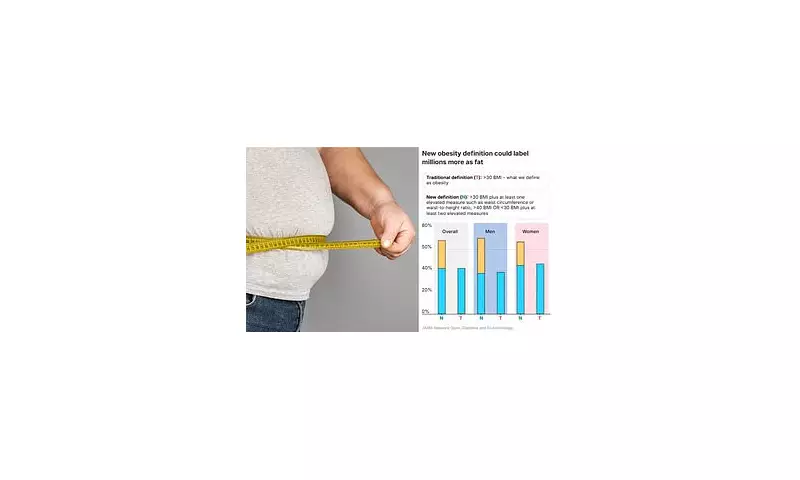
Millions of British adults could wake up to a startling new health classification under radical proposals to overhaul how obesity is measured in the UK.
The Weighty Numbers Behind the Change
Health experts are considering lowering the Body Mass Index (BMI) threshold for obesity from 30 to 27, a move that would instantly reclassify approximately eight million people currently considered overweight into the obese category.
The proposed changes come as Britain grapples with what many are calling an escalating obesity crisis. Currently, 26% of English adults fall into the obese category, while a further 38% are classified as overweight.
Why the Change Matters
This isn't just about numbers on a scale - the reclassification could have significant implications for healthcare access and treatment pathways. Patients newly classified as obese might qualify for earlier interventions, including weight loss medications like Wegovy, which are typically reserved for those with higher BMI scores.
Medical professionals are divided on the proposal. Some argue that the current BMI system is outdated and fails to account for individual variations in muscle mass and body composition.
The Global Context
Britain isn't alone in reconsidering its approach to weight classification. The European Congress on Obesity has previously suggested similar adjustments, indicating a potential international shift in how healthcare systems address weight-related health issues.
As the debate continues, one thing remains clear: how we define and measure obesity has profound consequences for both individual patients and the stretched resources of the National Health Service.





